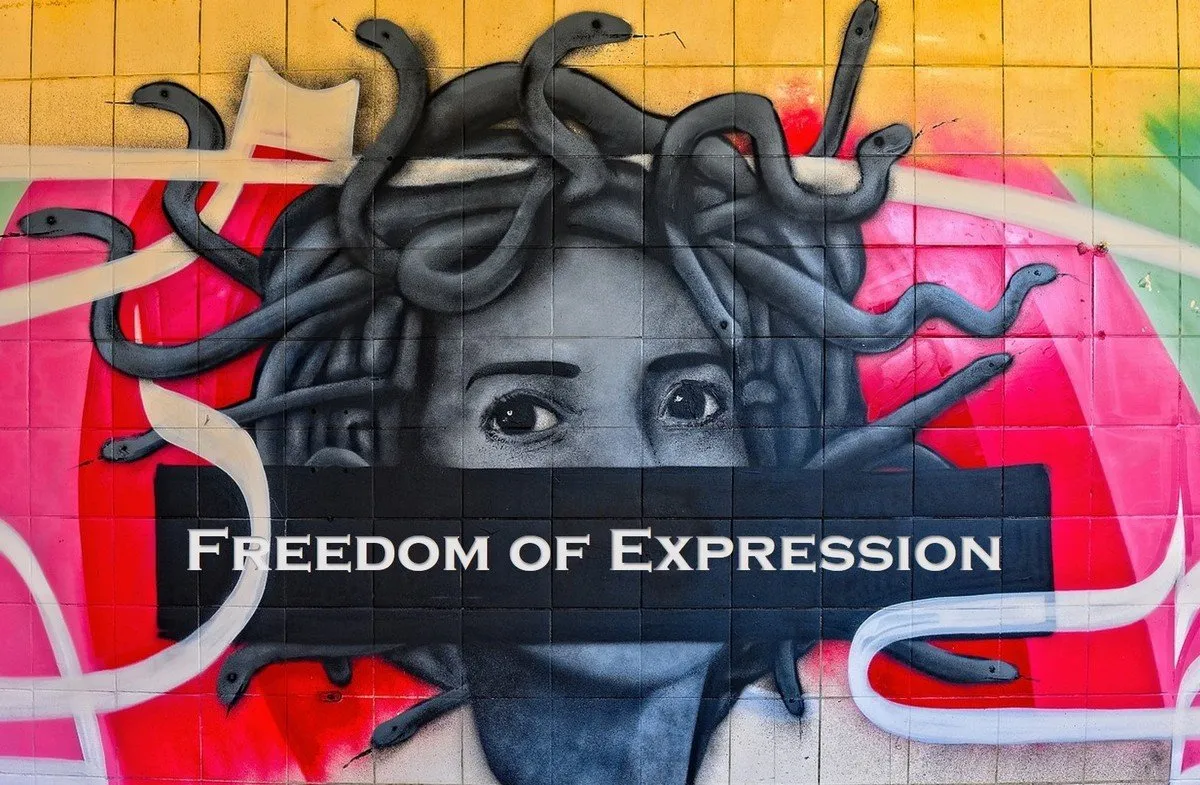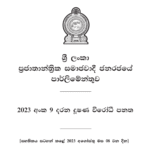Freedom signifies the absence of control, interference, or restriction. Within this context, freedom of expression refers to the unrestrained ability to articulate one’s views, ideas, emotions, and thoughts. However, this right must coexist harmoniously with other universal freedoms, necessitating reasonable limitations to protect public interest, societal order, and individual rights.
Historical Evolution of Freedom of Expression
The journey of freedom of expression dates back to ancient civilizations where early democratic principles were born. In England, the battle for press freedom emerged as a critical struggle against censorship and autocratic control. John Milton’s 1644 publication, Areopagitica, was a landmark plea for the removal of prior restraints on publication, setting a foundation for modern concepts of intellectual freedom.
The United States enshrined this principle in its First Amendment, underscoring that “Congress shall make no law… abridging the freedom of speech, or of the press.” Other nations followed, embedding similar protections within their constitutions or legal frameworks.
The Role of Media in Modern Democracies
The media serves as the fourth pillar of democracy, functioning as a bridge between the government and the governed. Its core responsibilities include:
- Informing the Public: Disseminating accurate, unbiased information to enable informed decision-making.
- Promoting Accountability: Exposing governmental misconduct and corruption through investigative reporting.
- Encouraging Debate: Providing platforms for diverse opinions on critical societal issues.
Despite these essential roles, media organizations face pressures from political entities, financial interests, and societal biases, which can compromise their independence.
Challenges to Freedom of Expression
While freedom of expression is a fundamental right, it is frequently challenged by:
- Governmental Overreach: Attempts to curtail dissent through censorship, imprisonment, or restrictive laws.
- Corporate Influence: Media monopolies and financial dependencies that distort unbiased reporting.
- Misinformation and Hate Speech: The misuse of free speech to spread disinformation, provoke violence, or incite societal discord.
To address these challenges, strong legal frameworks, ethical journalism, and civic education are imperative.
Freedom of Expression in the Digital Age
The advent of the internet has transformed freedom of expression. Social media platforms, blogs, and digital publications have democratized information-sharing, empowering individuals to reach global audiences.
However, the digital space is fraught with issues such as:
- Online Harassment: Cyberbullying and targeted hate speech.
- Surveillance: Government and corporate monitoring of online activities.
- Content Moderation: Balancing free speech with the removal of harmful or unlawful content.
Ensuring that the digital realm supports constructive dialogue while safeguarding user rights requires nuanced policies and global cooperation.
Freedom of Expression vs. National Security
A critical point of contention is the balance between freedom of expression and national security. Governments often impose restrictions citing the need to combat terrorism, espionage, or incitement. While such concerns are legitimate, they must not be used as a pretext to stifle dissent or suppress critical voices.
Judicial oversight and transparent legislative processes are essential to prevent abuses of power and maintain public trust.
Promoting the Right to Information
Access to information is the bedrock of transparency and accountability. For citizens to participate effectively in governance, they must be informed about:
- Government Decisions: Policies and actions affecting public welfare.
- Resource Allocation: Budgetary transparency and public expenditure.
- Judicial Proceedings: Fair and open trials to ensure trust in the judiciary.
The implementation of robust Right to Information (RTI) laws ensures that governments remain answerable to the people.
Freedom of Expression in Sri Lanka
Sri Lanka’s legal landscape upholds freedom of expression and speech under Article 14(1)(a) of its Constitution. However, this right is subject to restrictions, particularly concerning racial harmony, religious sensitivity, and public order.
The absence of a comprehensive RTI law for many years hindered public access to information, although progress has been made with subsequent enactments. The challenge remains to strike a balance between safeguarding national interests and empowering citizens with free access to information.
Ethical Responsibilities in Exercising Free Speech
Freedom of expression is not merely a right but also a responsibility. Ethical considerations include:
- Respect for Others: Avoiding defamatory or incendiary remarks.
- Accountability: Ensuring accuracy and fairness in reporting or sharing information.
- Cultural Sensitivity: Navigating the delicate balance between free speech and respect for diverse traditions and beliefs.
Educating citizens on these responsibilities fosters a culture of constructive dialogue and mutual respect.
Conclusion
Freedom of expression and the right to information are indispensable to the functioning of a democracy. They empower individuals to question authority, foster innovation, and contribute to societal progress. While challenges exist, upholding these freedoms with a commitment to ethical conduct and accountability ensures a just, equitable, and informed society.














